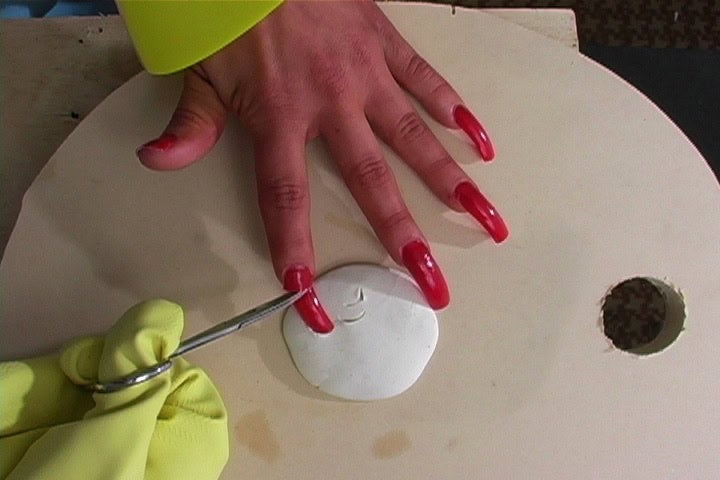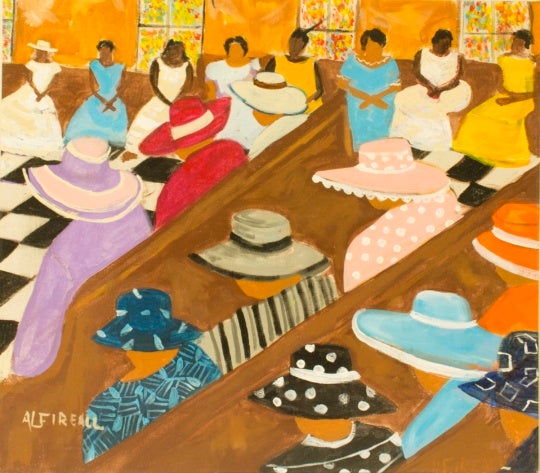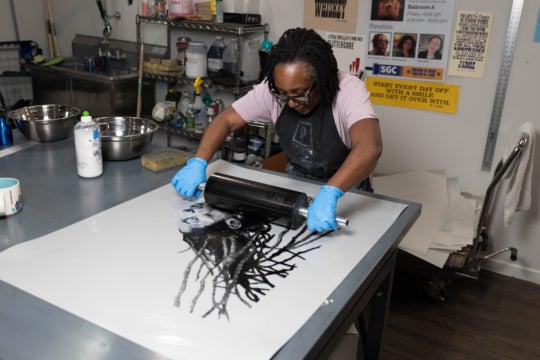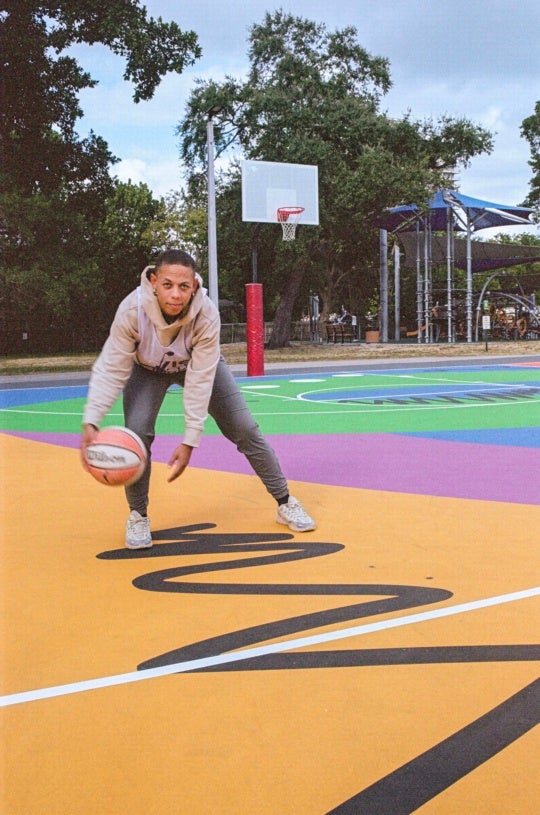
Following last month’s public conversation between the magazine’s editors as part of this summer’s Art Writing Incubator, we asked Burnaway staff members to compile a list of texts that have shaped their sensibilities and perspectives as critics.
Jasmine Amussen, Editor
Carles, “Lana & Me: Our Dark, Abusive, Co-dependent Relationship on the Content Farm,” Hipster Runoff, Sept. 2012 [1]
Elena Gorfinkel, “Against Lists,” Another Gaze, November 2019
Alex Haley, The Playboy Interviews, 1967
Barbara Fass Leavy, In Search of the Swan Maiden: Narratives on Folklore and Gender, 1994
Lauren Oyler, “Ha ha! Ha ha!,” Review of Jia Tolentino’s Trick Mirror (2019), The London Review of Books, January 2020
Eliot Weinberger, “One Summer in America,” The London Review of Books, September 2019
Emily Llamazales, Program Assistant
Legacy Russell, “Elsewhere, After the Flood: Glitch Feminism and the Genesis of the Body Politic,” Rhizome, March 2013
Emily Watlington, “Selling Sweat: On The Ethics of Renting Bodies in ‘Extraordinary Bodies’ in Mika Rottenberg’s Videos,” Another Gaze, September 2019
Logan Lockner, Editor-in-Chief
Shumon Basar, “Losing Interest,” Art Papers, Jan./Feb. 2015
The Editors, “The Intellectual Situation: Happiness,” n + 1, Issue 2, Winter 2005
Rachel Kushner, The Flamethrowers, 2013
Zadie Smith, “Joy,” The New York Review of Books, January 2013
Susan Sontag, “At the Same Time: The Novelist and Moral Reasoning,” At the Same Time: Essays & Speeches, 2007
Virginia Woolf, “Montaigne,” The Common Reader, 1925
Erin Jane Nelson, Executive Director
Paul Beatriz Preciado, “Feminism beyond humanism, ecology beyond the environment,” Liberation (originally in French), September 2014
Joyelle Sweeney, “What is the Necropastoral?,” Harriet, March 2014
Ade J. Omotosho, Miami Editor-at-Large
Gary Dauphin at Bidoun
Brian Dillon, “RB and me: an education,” The Dublin Review, Winter 2010–11
Elizabeth Hardwick, “The Decline of Book Reviewing,” Harper’s, October 1959
Gary Indiana, “Critical Reflections,” Artforum International, January 1994
Margo Jefferson, “Ripping Off Black Music,” Harper’s, (January 1973), On Michael Jackson (2006), Negroland: A Memoir (2015)
John Keene, “Elements of Literary Style,” LitHub, April 2018
Randall Kennedy, “Speaking for Blacks,” Harper’s, May 1980
Jamaica Kinkaid, Talk Stories, 2001
Greg Tate, “Critical Reflections,” Artforum International, December 1992
Kristina Kay Robinson, New Orleans Editor-at-Large
Saidiya Hartman, “Venus in Two Acts,” Small Axes, Number 26, June 2008
We Are in Open Circuits: Writings by Nam June Paik, 2019, edited by John G. Hanhardt, Gregory Zinman, and Edith Decker-Phillips
Robert Farris Thompson, “Chapter Two: The Sign of the Four Moments Around the Sun: Kongo Art and Religion in the Americas,” Flash of the Spirit: African and Afro-American Art and Philosophy, 1983
[1] It’s insane to think of a world without without Carles and Hipster Runoff. Of every critical text, review, book, everything I’ve ever read, this blog probably did the most to shape my critical vision. In the most meaningful way, I think it was the only true internet culture I got to thoroughly participate in and grow with. I started reading HRO in 2010 and was an obsessive follower by 2011. I was 21, new to Atlanta, and transitioning out of my Punk is Dead / squat living mentality. Carles was brutal. Carles was funny, anonymous, a unique (even on the internet) aesthetic and voice, and I was utterly captivated. The Lana Del Report—a dark, sad, sometimes frightening daily update about Lana Del Rey—seemed to have been birthed out of the ether by Carles and HRO. It was a fascinating example of a parasitic relationship between artist and critic, and of a sort of obsession that really doesn’t exist anymore. It used to be okay to like something and write about it, especially in music journalism. Now everything is click-focused, sales-focused. Carles was the last interesting, strange, freaky critic, and I honestly think that genre of weirdo criticism is totally dead. I’m glad I got to read it. — JA




